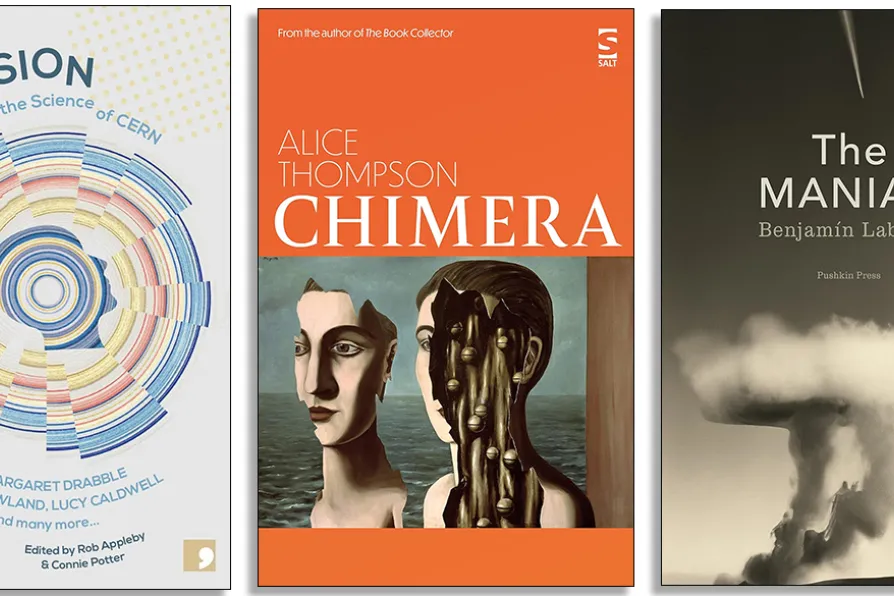MARY CONWAY is disappointed by a production whose design and cartoonish acting overwhelms the close scrutiny of characters


THE double-edged nature of human ingenuity and its unpredictable impact on the world is a theme of perennial importance, and one that has inspired the publication of some fine fiction in 2023.
Collision: Stories from the Science of CERN, edited by Prof Rob Appleby and Connie Potter (Comma Press, £9.99) pairs 13 storytellers with scientists from the European Organisation for Nuclear Research.
The contribution by former Dr Who showrunner Steven Moffat, Going Dark, features a group of scientists being erased by a particle that doesn’t want to be discovered. In Afterglow, by broadcaster and journalist Bidisha, a radioactivity-related catastrophe is engineered by a manipulative politician and an ambitious scientist.
Novelist and biographer Margaret Drabble sets her story, The Ogre, the Monk and the Maiden in the 2050s. It posits a future version of the Large Hadron Collider and blends sci-fi with mythic and literary allusions. Some stories fare better than others under scientific scrutiny, but all capture the possibilities and hazards of work at the boundaries of scientific knowledge.
Alice Thompson is one of British fiction’s best kept secrets. She has produced playful and provocative novels in several genres – supernatural, espionage, crime and postmodern metafiction. Chimera (Salt, £10.99), her first book in eight years, is profound, accessible and entertaining sci-fi.
There is a book within a book: Artemis, astronaut and dream researcher of the spaceship Chimera, writes a novel in the hope of retrieving memories lost to the trauma of a lightspeed expedition to the distant moon Oneiros.
The plot unfolds in deep space, but Thompson’s real concerns are closer to home. Earth is on the brink of ecological breakdown, while its oligarchs seek short-term, technical fixes that pose no threat to their power. Frighteningly, the population are too immersed in virtual reality to challenge their rulers, but the story’s greatest horrors lie in Artemis’s encounters with technologies that undermine the qualities that make us human.
Benjamin Labatut shares Thompson’s fears about the moral and existential risks of advanced technologies but tackles them in the form of a historical mystery story. In The Maniac (Pushkin Press, £20), he presents a series of witness statements on the lives of key figures in physics, mathematics and computer science. These fragments of intellectual triumph and tragedy form a history of ideas covering the last 180 years.
The story centres on John von Neumann, pioneer of economic game theory, cellular automata and programmable computers. As consultant to the Manhattan Project, he chose Hiroshima and Nagasaki as targets, and helped maximise the “kill rate” of atomic bombs. There are deft and touching insights into a series of suicides, “eureka” moments, friendships, betrayals, collapsing marriages, chaotic conferences and paranoid episodes. Gradually, links between abstract ideas, personal histories, group processes and the socio-political zeitgeist illuminate the origin of the most dangerous technologies of the 21st century.

Reasonable radicalism, death in Abu Dhabi, locked-room romance, and sleuthing in the Blitz













